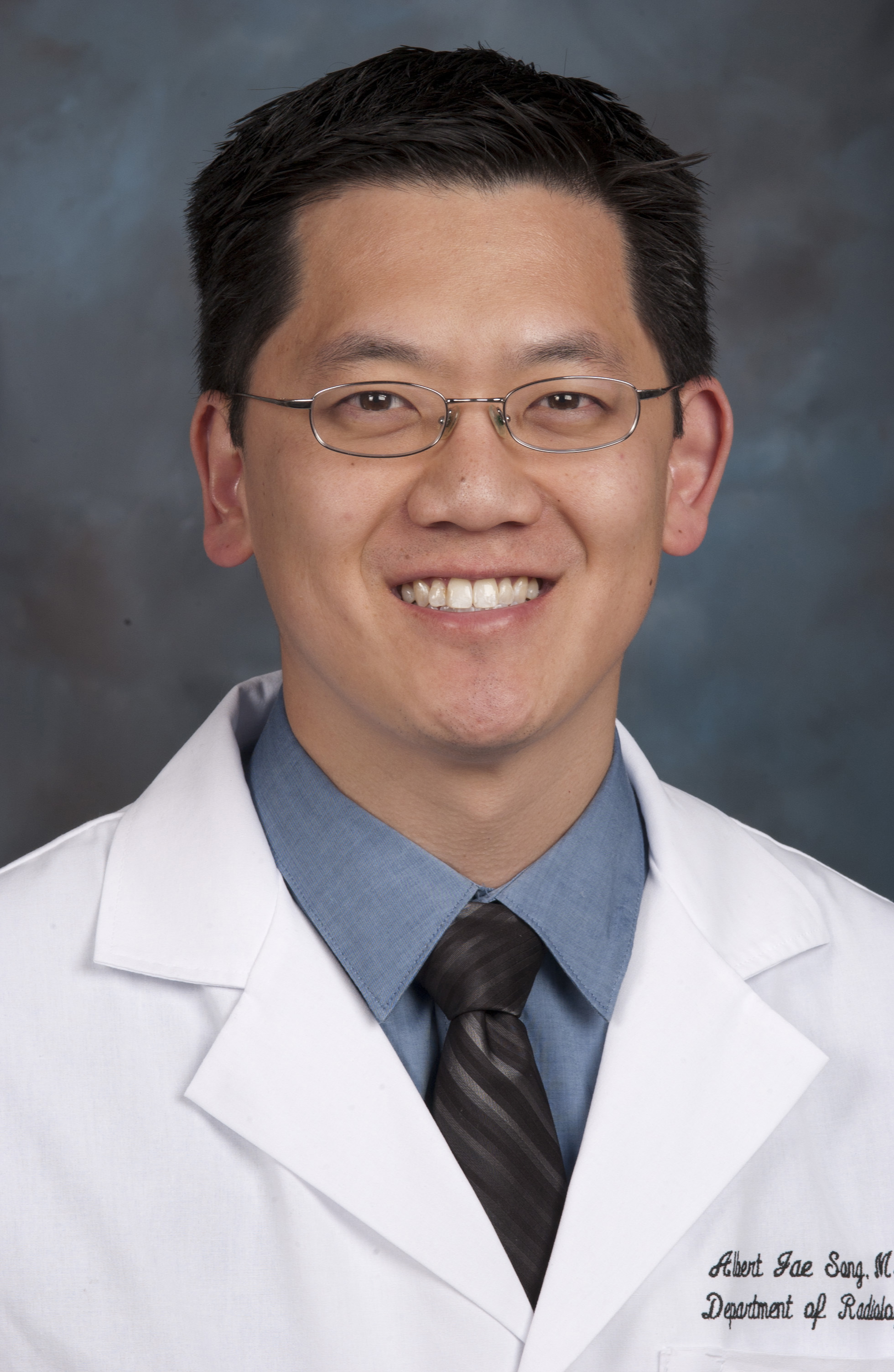The area method for measuring acetabular cup anteversion: An accurate and autonomous solution. Journal Article
Local Library Link: Find It @ Loyola
| Authors: | Murphy, MP; Killen, CJ; Ralles, SJ; Brown, NM; Song, AJ; Wu, K |
| Article Title: | The area method for measuring acetabular cup anteversion: An accurate and autonomous solution. |
| Abstract: | Several radiological methods of measuring anteversion of the acetabular component after total hip arthroplasty have been described, all time-consuming and with varying reproducibility. This study aimed to compare the recently proposed Area method to true cup anteversion as determined by an accelerometer. This study further applied this method programmatically to autonomously determine radiographic cup orientation using two computer programs, then compared these results to hand and accelerometer measurements. 160 anteroposterior pelvis radiographs were taken of a standard Sawbones® pelvis fitted with a total hip arthroplasty system. The acetabular cup was re-oriented between each radiograph, with anteversion ranging from 0° to 90°. An accelerometer was mounted to the cup to measure true cup anteversion. Radiographic anteversion was independently measured via three methods: by hand, linear image processing, and machine learning. Measurements were compared to triaxial accelerometer recordings. Coefficient of determination (R2) was found to be 0.997, 0.991, and 0.989 for hand measurements, the machine learning, and linear image processing, respectively. The machine learning program and hand measurements overestimated anteversion by 0.70° and 0.02° respectively. The program using linear techniques underestimated anteversion by 5.02°. Average runtime was 0.03 and 0.59 s for the machine learning and linear image processing program, respectively. The machine learning program averaged within 1° of cup orientation given a true cup anteversion less than 51°, and within 2° given an anteversion less than 85°. The Area method showed great accuracy and reliability with hand measurements compared to true anteversion. The results of this study support the use of machine learning for accurate, timely, autonomous assessment of cup orientation. |
| Journal Title: | JOURNAL OF CLINICAL ORTHOPAEDICS AND TRAUMA |
| Publisher: | Unknown |
| Date Published: | 2021 |



